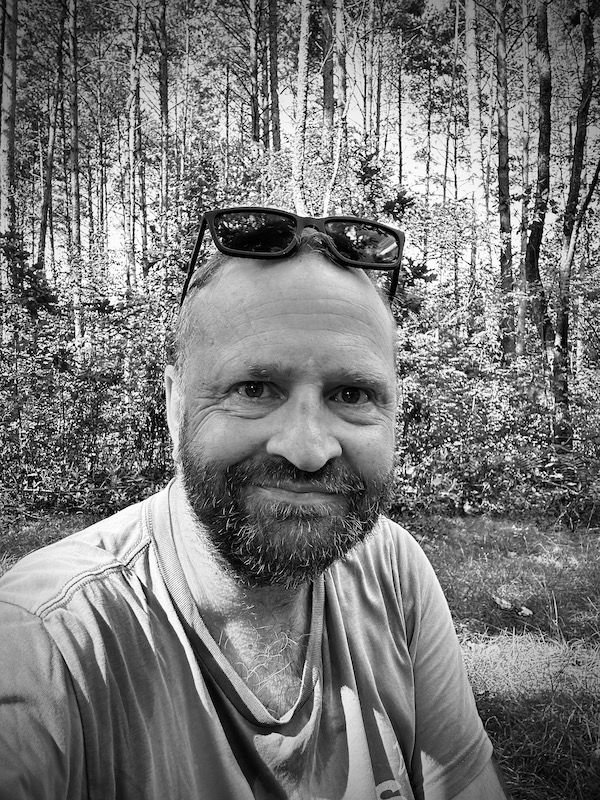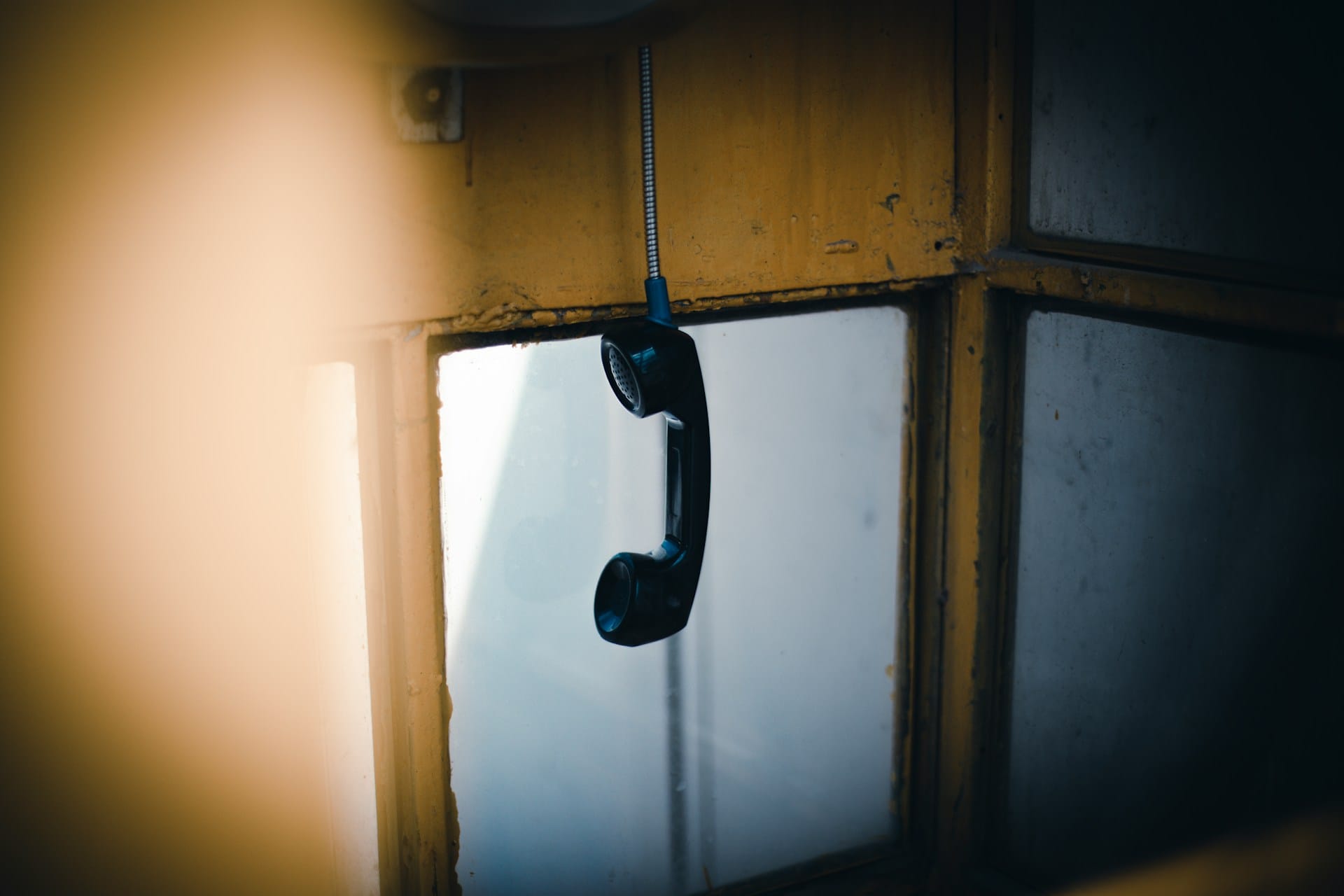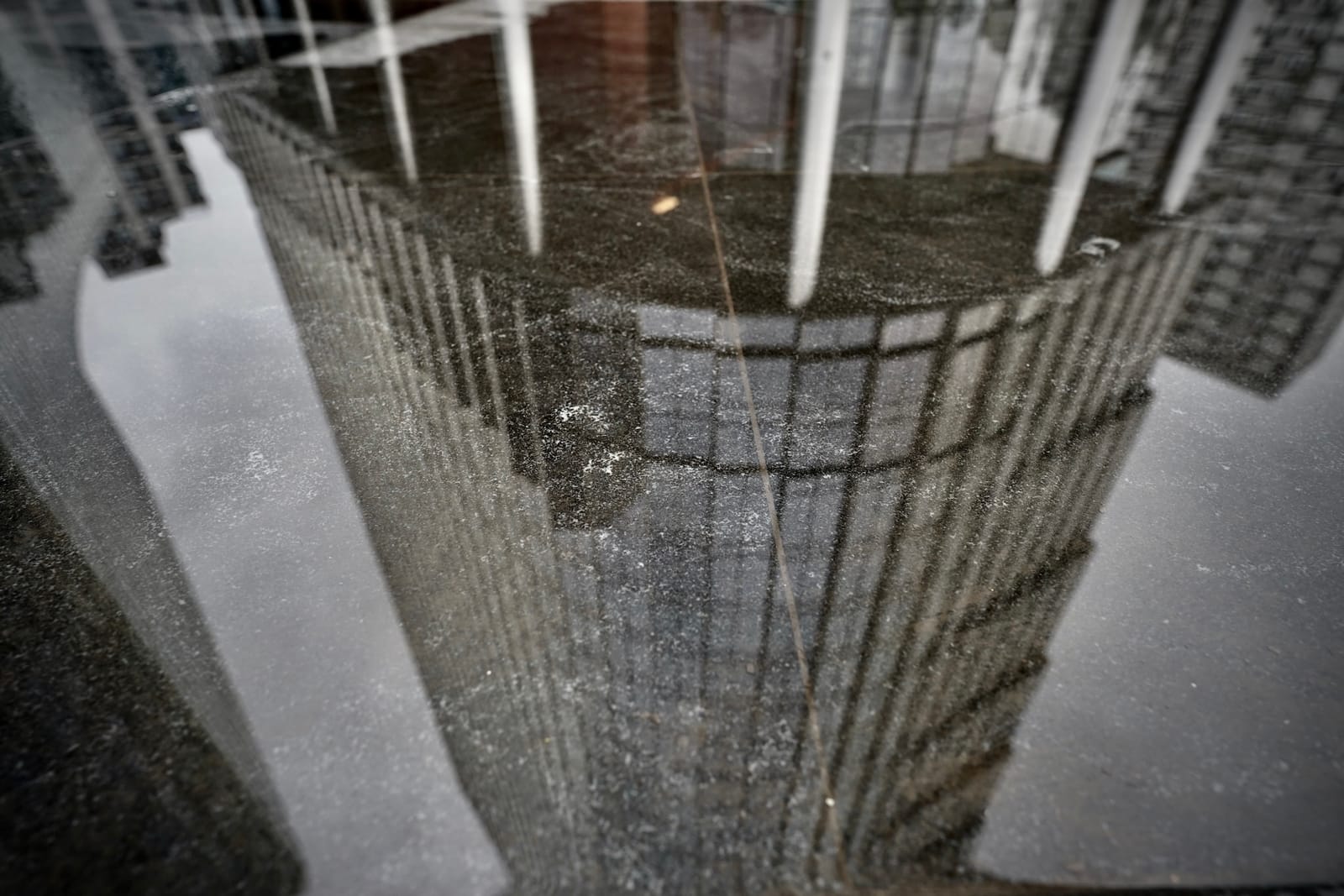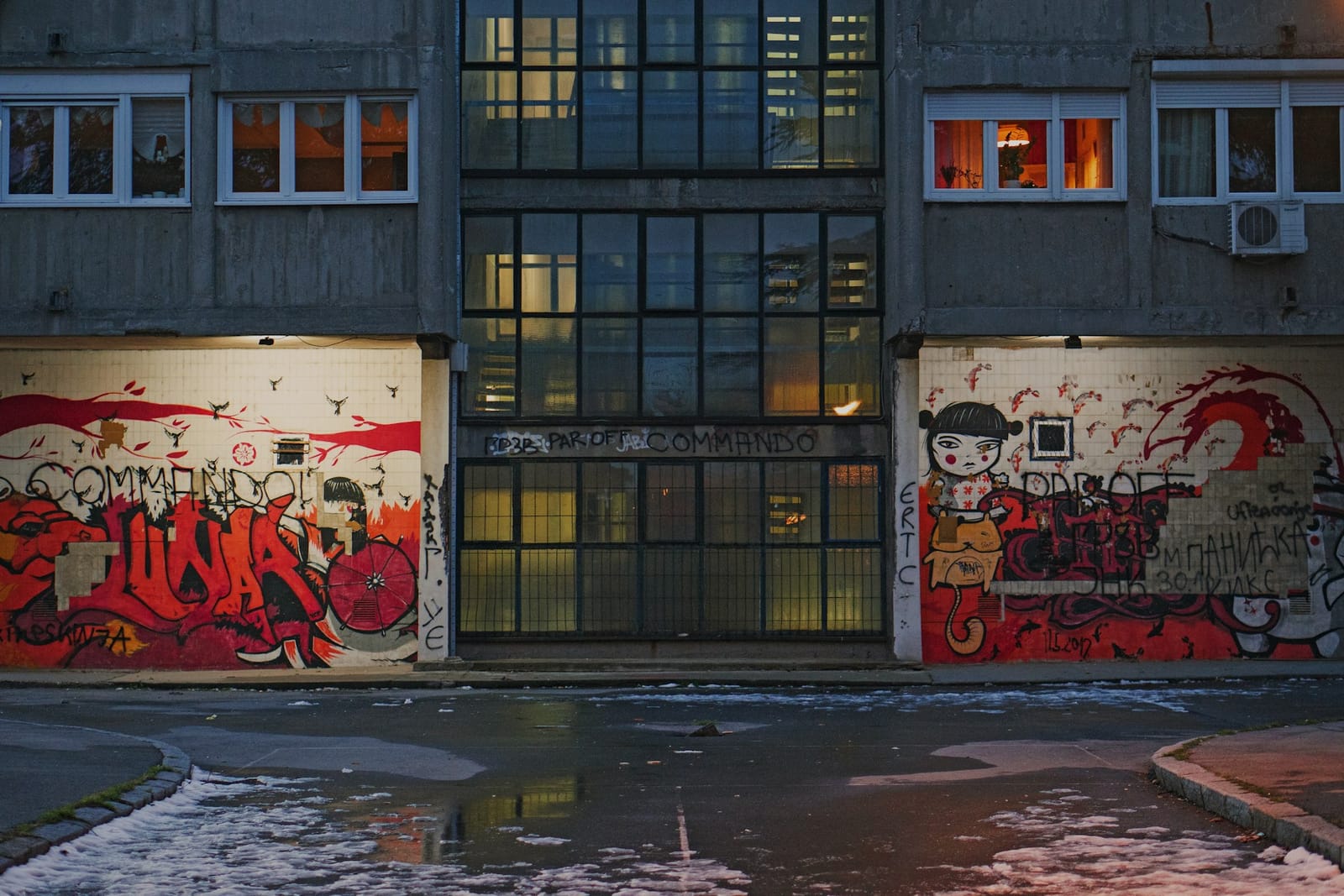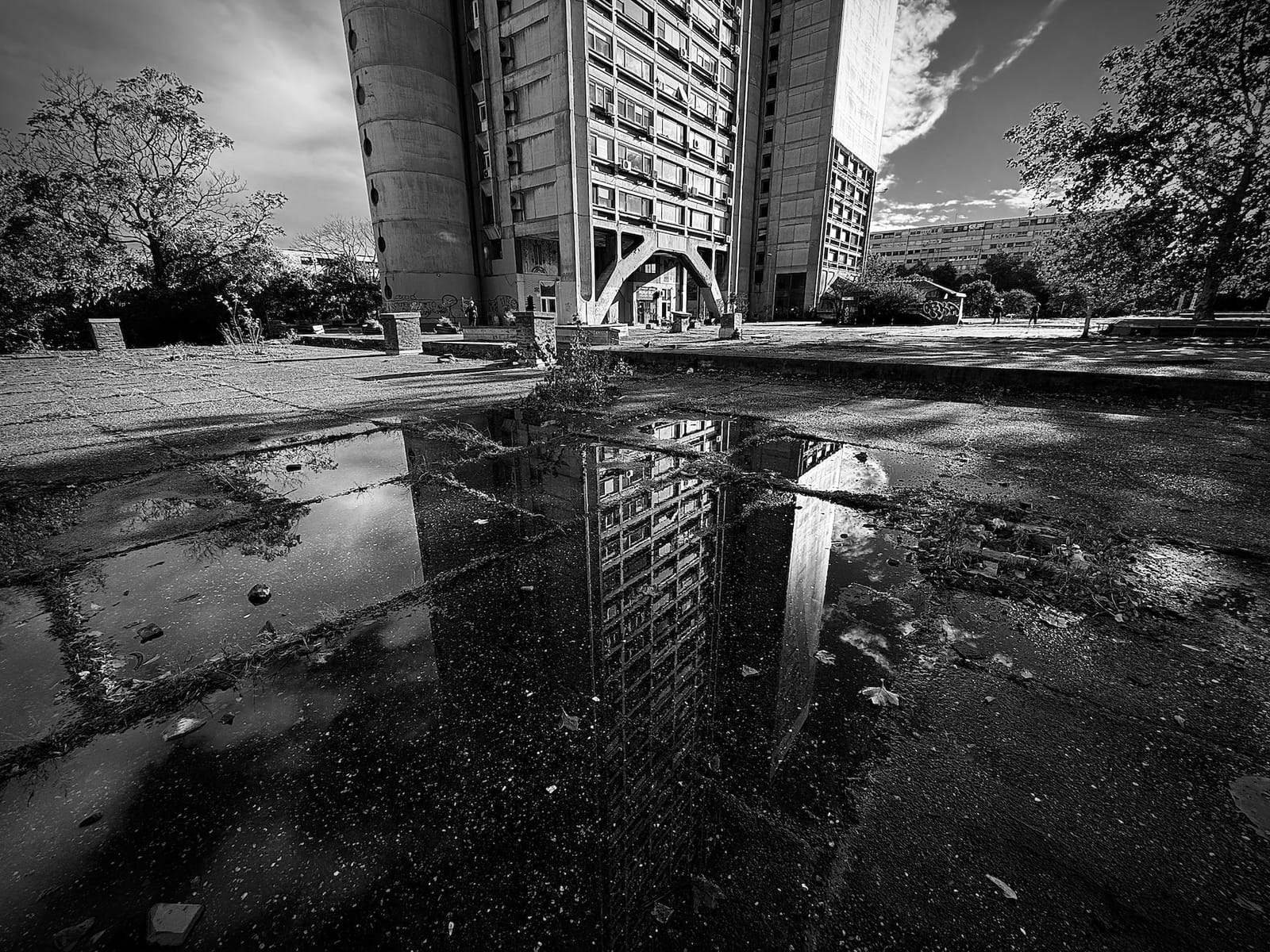I was at home, almost certainly still in the clothes I'd slept in, when my phone rang on that October Sunday afternoon in 2017. I almost didn't answer it.
Unknown number. Sunday afternoon. I'd just arrived home from a medical alcohol detox that morning and was floating in that dangerous space where you feel physically okay but have absolutely no intention of doing anything about it. Recovery? That was for other people. I'd been medically cleared - job done, problem solved. The last thing I wanted was to complicate that narrative by talking to anyone about anything.
But something made me pick up. Maybe it was boredom. Maybe it was the universe conspiring to keep me alive.
"Hello, Dave? This is Helen from Forward Leeds. We'll see you here tomorrow morning."
It wasn't a question. It wasn't an invitation. It was a statement delivered with the kind of authority that brooked no argument.
"I don't want to go out tomorrow," I said, which was the truth. I didn't want to go anywhere, see anyone, or do anything that required putting on clothes and pretending to be a functioning human being. And I certainly didn't want to do "recovery" - whatever that even meant.
"That's not really up for discussion," Helen replied. "You need to be here. Tomorrow morning."
And then she promptly hung up.
The Arrogance of Almost-Recovery
Here's what I thought I knew about recovery: I'd been medically cleared. The alcohol was out of my system. The seizures had stopped. I was "better." I could handle this on my own, just like I'd handled everything else in my life.
I'd failed at sobriety before using this exact logic. Get clean, feel better, assume I was cured, and then gradually slide back into the same patterns that had nearly killed me. It's the arrogance of almost-recovery - believing that clearing the poison from your bloodstream is the same thing as healing the reasons you put it there in the first place.
But this phone call was different. Helen wasn't asking if I felt ready. She wasn't inquiring about my motivation or my commitment level. She was telling me what was going to happen, with the kind of certainty that cuts through all one’s clever excuses and lands right in the part of your brain that recognises truth.
The Bus Ride to Salvation
The following morning, I begrudgingly took the bus into Leeds city centre, no doubt muttering under my breath about pushy recovery workers and their presumptuous phone calls. I was annoyed, resentful, and absolutely certain this was a waste of my time.
I was also, though I didn't know it yet, about to walk into the room that would save my life.
Forward Leeds wasn't what I expected.
It wasn't a sterile clinical environment or a church basement filled with folding chairs. It was housed in a beautiful old building that felt more like a community centre than a treatment facility. And the people there - the "dropouts and losers" I'd imagined - were nothing like the stereotypes I'd constructed in my head.
They were artists and accountants, mothers and mechanics, people who'd lost everything and people who'd never had much to begin with. What they shared wasn't their backgrounds or their substances of choice - it was something much more profound.
They'd all, in their own way, found what I was desperately seeking without knowing how to ask for it: a place where their story didn't make them an outsider but brought them home.
The Difference Between Trying and Belonging
I ended up going to Forward Leeds every single day for six months. Every. Single. Day. Even though it was a trek across the city. Even though I had no official requirement to be there. Even though I could have easily made excuses to stay home.
But here's what I discovered: there's a massive difference between trying to get sober and belonging somewhere while you get sober.
All my previous attempts at sobriety had been solo missions - me against the bottle, willpower against craving, white-knuckling my way through each day until I inevitably gave up. But Forward Leeds offered something I'd never experienced: a community where recovery wasn't a project you worked on in isolation but a life you built alongside others doing the same work.
Helen - six feet tall, ex-addict was scary as hell until I realised she was pure salt-of-the-earth love - had seen something in me that I couldn't see in myself. She'd known that I was one phone call away from disappearing back into the fog, and she'd refused to let that happen.
The Architecture of Intervention
Looking back, I know in my heart that phone call was a masterclass in effective intervention. Helen didn't try to convince me I needed help - she simply removed the option of not getting it. She didn't appeal to my motivation or wait for me to feel ready. She understood that sometimes salvation has to be imposed before it can be chosen.
There's something profound about having someone believe in your recovery before you do. It creates a kind of scaffolding that holds you up until you're strong enough to stand on your own. Helen's certainty became my certainty, borrowed like a coat until I could afford my own.
The Ripple Effect of One Call
That phone call didn't just save my life - it changed the trajectory of everything that came after. Within a month, I was setting up websites and blogs for Forward Leeds. Within a year, I was working there full-time as a recovery worker. Within five years, I'd trained as an addiction counsellor and launched my own sobriety program.
But more than that, it taught me something essential about how transformation actually works: it's rarely a solo journey. The myth of pulling yourself up by your bootstraps is exactly that - a myth. Real change happens in relationship, in community, in the space between people who see your potential when you can't.
The Phone Calls We Make
Today, when I work with clients through Phenomenal, I think about Helen's phone call constantly. Not everyone needs the same intervention, but everyone needs someone who's willing to interrupt their story of isolation with an offer of connection.
Sometimes that's a direct conversation about getting help. Sometimes it's creating a program that feels accessible rather than intimidating. Sometimes it's simply refusing to accept someone's first "no" as their final answer.
But always, it's about accepting that the person struggling with addiction isn't just fighting a substance - they're fighting a story about themselves that says they have to do it alone. The most powerful intervention isn't always the most dramatic one. Sometimes it's just a voice on the phone saying, "You don't have to figure this out by yourself."
The Invitation You Might Need
If you're reading this and recognising yourself in the story - floating in that space between "fine" and falling apart, between wanting change and not knowing how to create it - I want you to know something: your Helen might be waiting for you to answer the phone.
It might not be a recovery centre. It might be a therapist, a support group, a friend who's been trying to have a difficult conversation with you. It might be that program you've bookmarked but never contacted, that book you've bought but never opened, that conversation you've been avoiding.
Recovery rarely begins when we feel ready for it. It begins when someone or something interrupts our carefully constructed isolation with an offer of connection. Sometimes that offer comes disguised as an inconvenience, a disruption to the very patterns that are keeping us stuck.
The question isn't whether you're ready. The question is whether you're willing to answer the phone when salvation calls.
Have you ever received a phone call - literal or metaphorical - that changed the trajectory of your life? I'd love to hear about the moment someone interrupted your story with an offer of something different.
